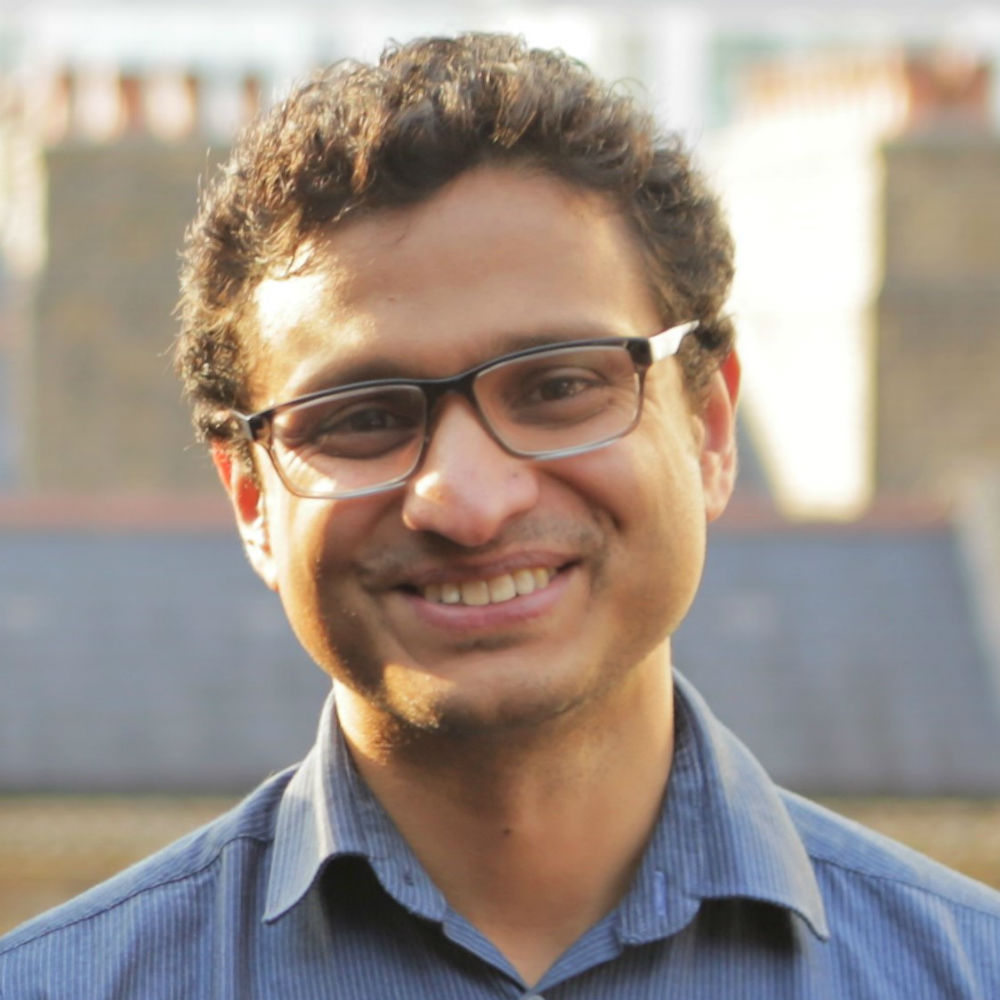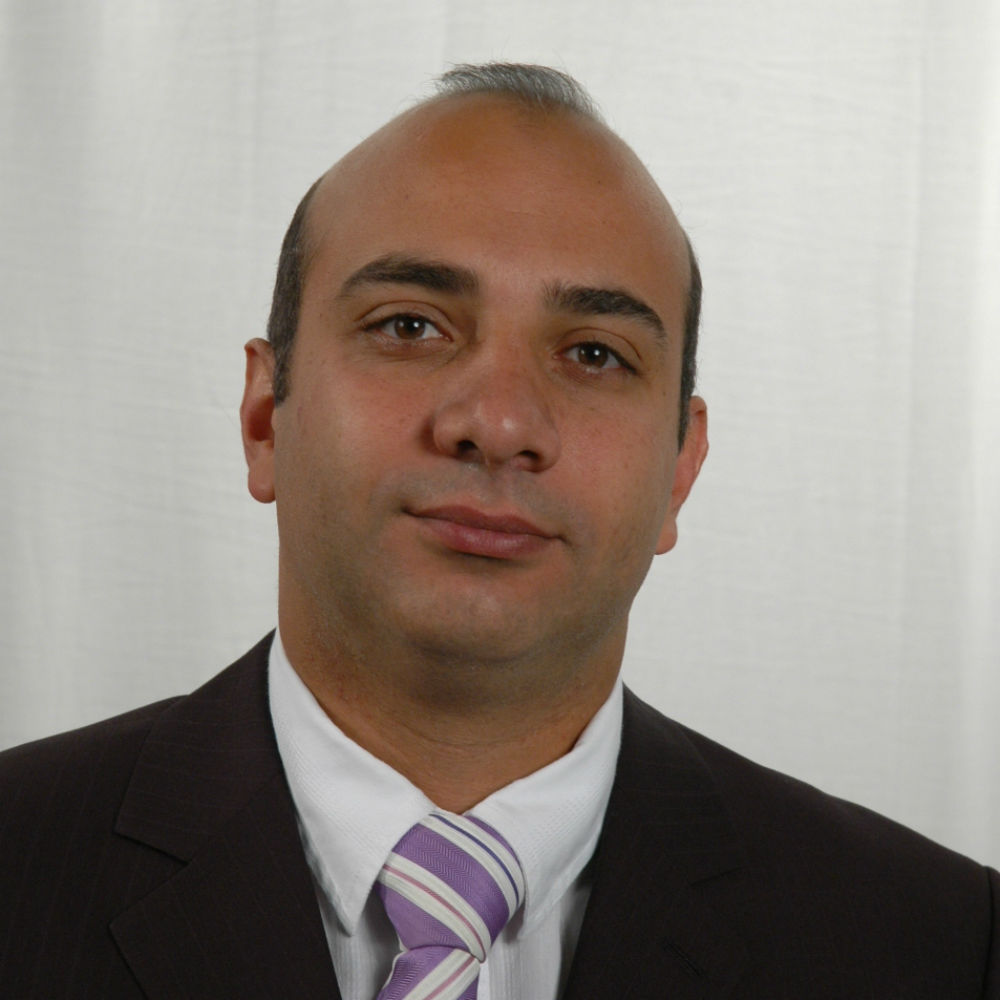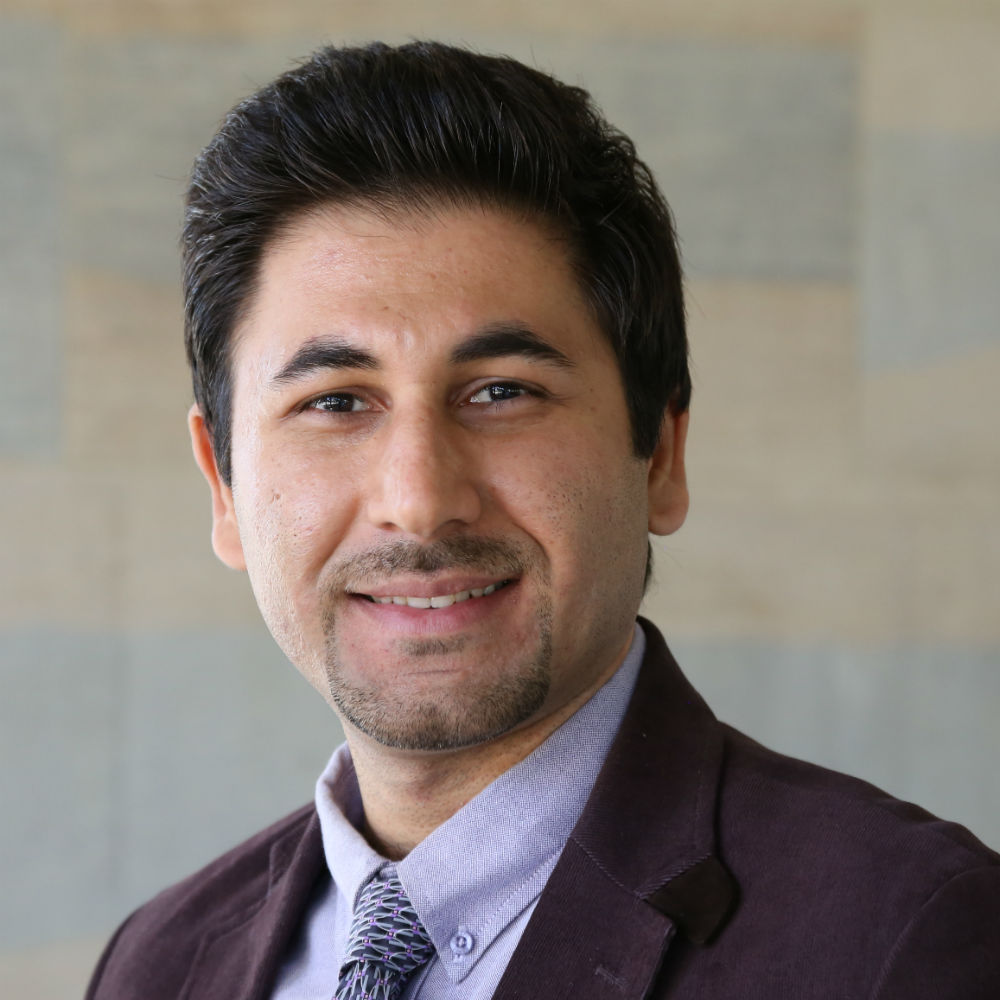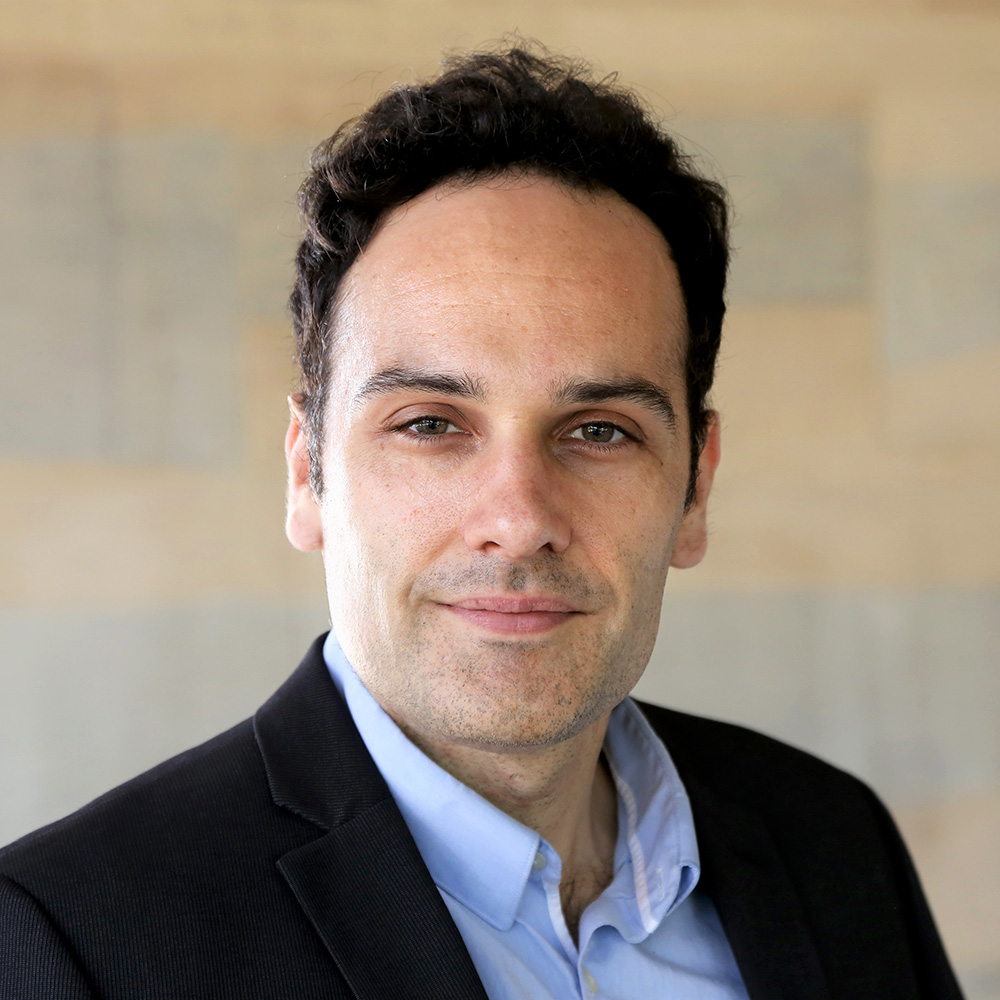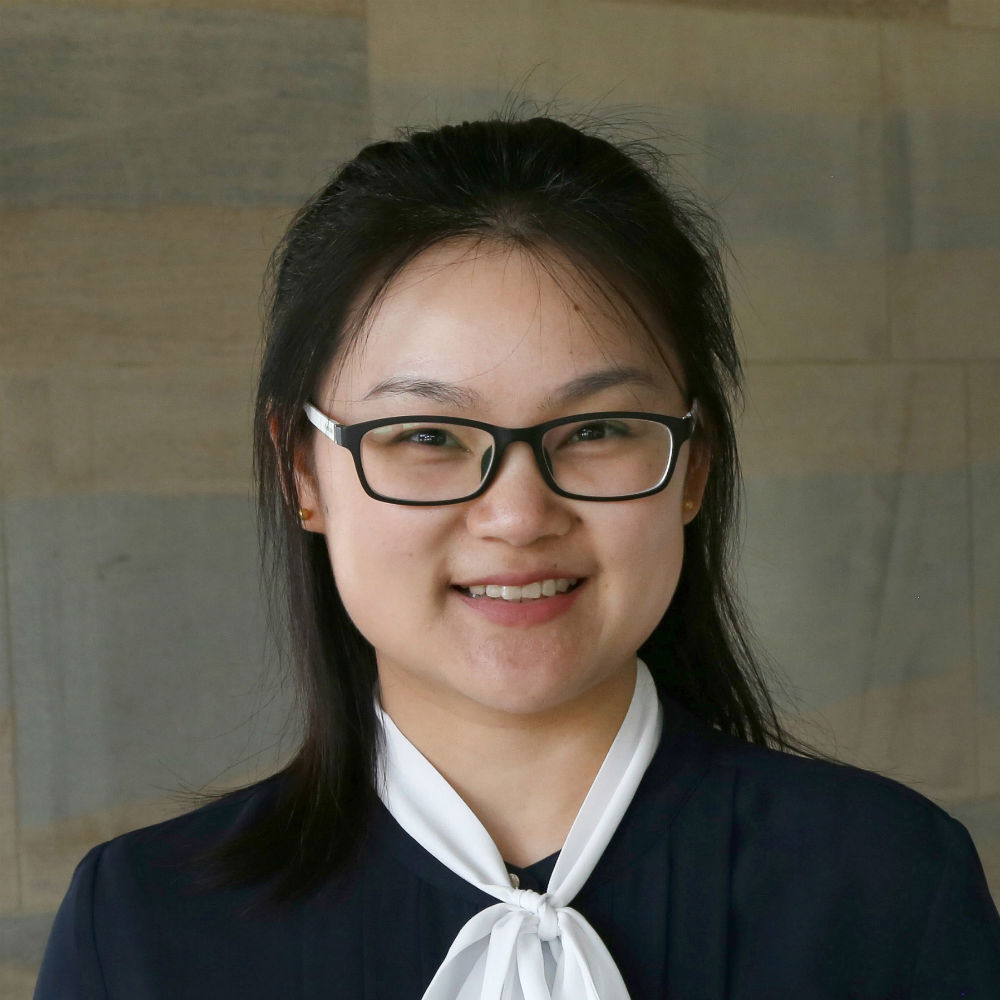Our aims
- Investigate diverse human-centred data driven application areas (such as security, social development & labour markets, migration, community care, smart cities & mobility and organisational science, environmental management) through data acquired on human behaviour, activity and natural phenomena and processes from networked computer devices and user interactions.
- Analysis and representation of this data through the application and development of computational simulation and modelling techniques to provide operational insights and policy recommendations.
What are intelligent connected societies?
Wireless sensing and distributed intelligent embedded computation is spurring a growth in connected computing artefacts - enabling accessibility to a plethora of new and diverse, multi-modal sources of quantitative, qualitative, environmental and user-centred data.
Examples of these data sources include:
- geolocation
- social media and online interaction from different personalised devices
- mobile phone data
- audio, visual, text, digitally associated opinions
- human affect and sociometric sensor data.
Other data sources also include captured and interpreted user behaviours and interactions within virtual and mixed reality environments.
These heterogeneous data sources can be used to contextualise, track and model user preferences, societal phenomena, systems and process.
A key challenge is to harmonise and extract meaningful features and associations from these data streams as well as to handle dynamically and real-time generated data where quantities of interest might be spatially and temporally distributed in terms of their relationships for modelling and predicting particular events, behaviours and conditions.
To address this challenge there is a need to develop novel sustainable methodologies based on pervasive connected sensing, novel Internet of Things (IoT) infrastructures combined with intelligent data modelling and learning capabilities for deriving understanding and predictive insight into complex human centred phenomena.
Our research brings together academics from various disciplines and institutions to work on these methodologies and projects.
Shared facilities
The iSpace laboratory at the University of Essex is a world-leading test bed for smart homes technologies and the Internet of Things.
The facility offers unique pervasive sensing, ambient intelligent and mixed reality capabilities for both teaching and cutting-edge interdisciplinary research in areas such as human behaviour monitoring, assistive technology, remote sensing and the design future inhabited and connected environments.
